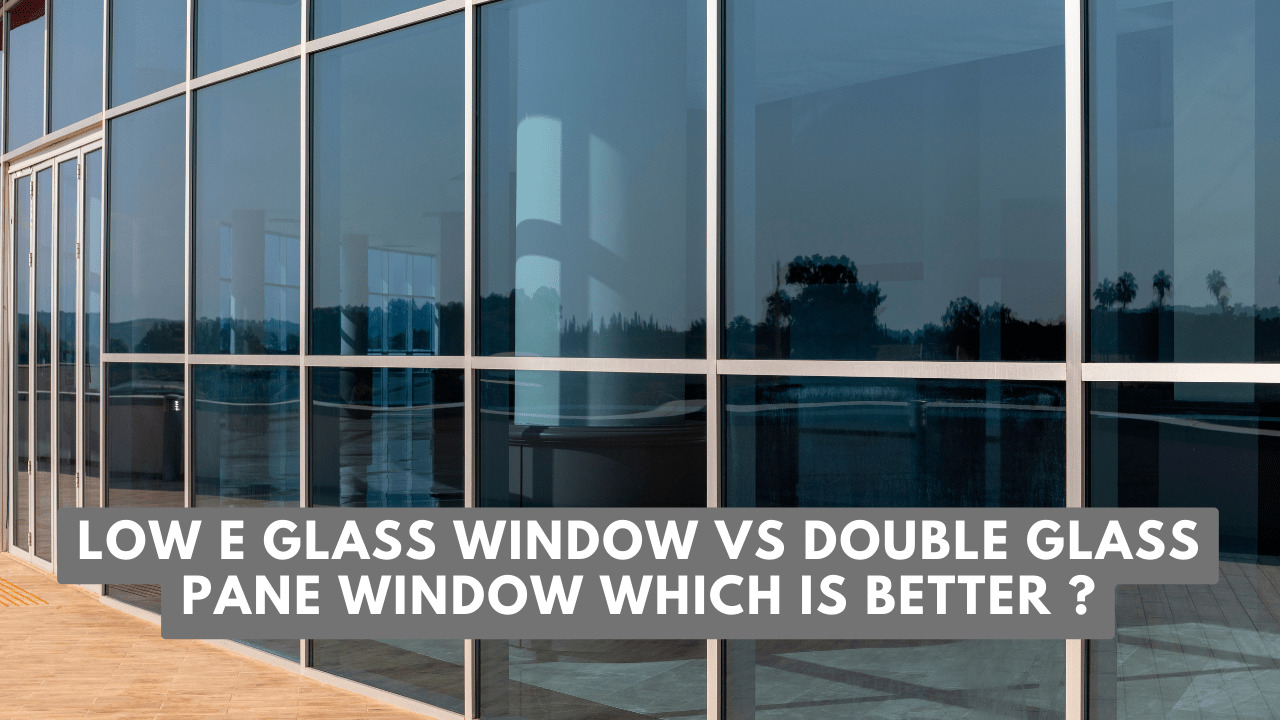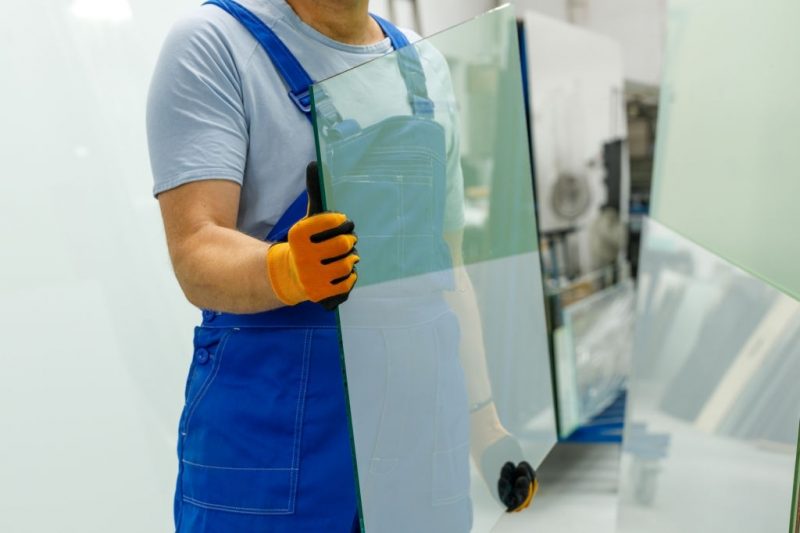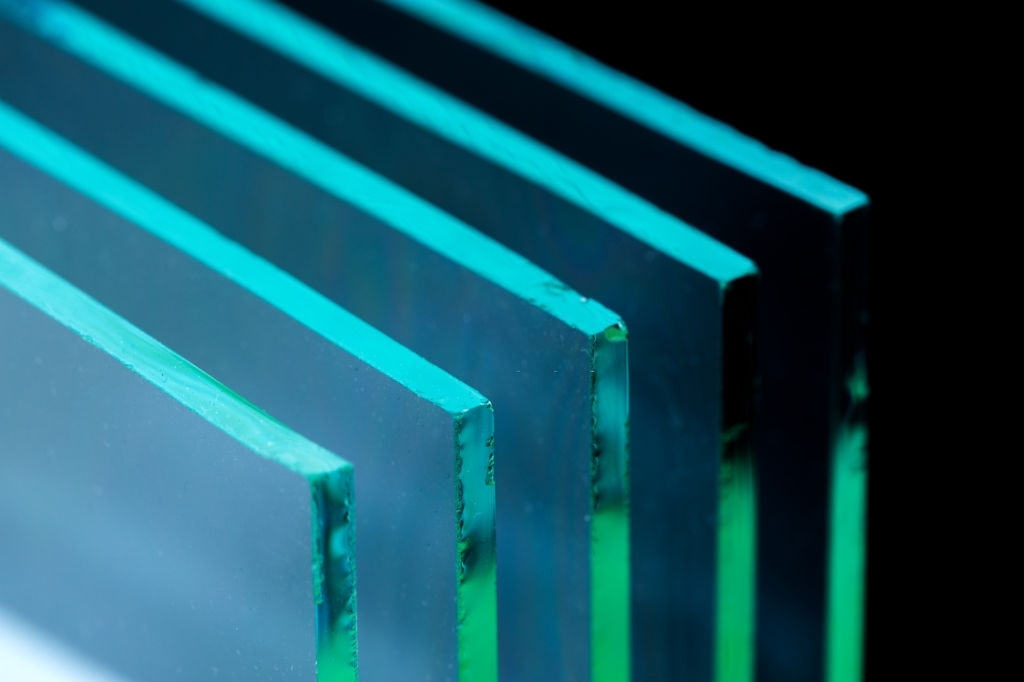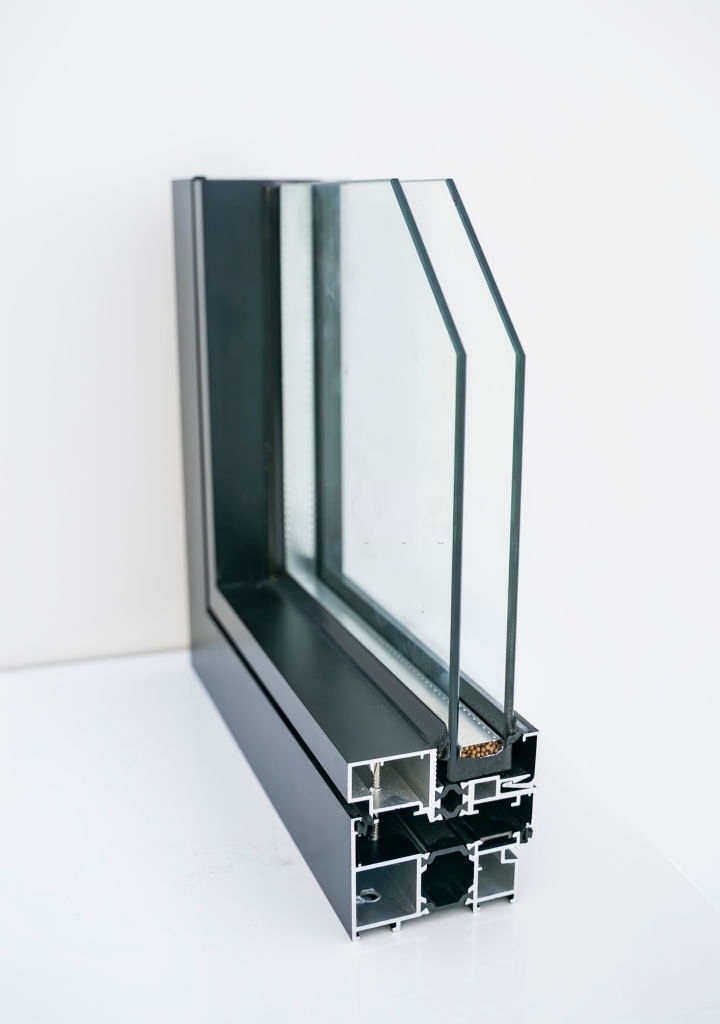Have you ever come across glaziers or architecture proposing to use special window glass for heat and sound insulation? This is because the specially insulated windows save energy bills and block harmful rays from entering the building.
The two most favored options to do so are low-E glass and double glazing. However, “is Low-E glass more effective than double pane windows?” This is a frequently asked question. In order to answer it, you need to know about the glass pane and the structure of Low-E and double pane windows. Let’s find out what exactly these terms are.
Table of Contents
What is a Glass Pane?
A glass pane is a sheet of glass that is cut to size for windows. A glass pane is used within the window frame as a protective boundary against the wall. It protects your interior from the airflow without compromising the clarity of the outside view.
Panes of glass are available in various sizes and shapes in addition to colors. Some use coating film for insulation as well as strength. They are available in various thicknesses and quality.
What is Low-E Glass?
Low-E glass, also known as low-emissivity glass, has a coating that allows less transmittance of heat from the glass pane. They serve various purposes that may include but are not limited to energy saving, protecting interior furniture, blocking UV rays, and various others.
Moreover, Low-E window panes are more durable and stronger but are a bit more expensive compared to ordinary glass.
What is Double Glazing?
Double pane windows, simply named IGU (Insulated glass unit), consist of two panes of glass that are sealed together with an insulating gas, usually argon or krypton, in between the panes.
The gas plays a vital role to defuse the flow of heat from the IGU. This is why double glazing windows are heat-resistant, and they are effective in summers as well as in winters.
Now that you have understood these terms, let’s see the aspects where low-e glass and double glazing are similar.
Comparison Between Low-E glass and Double Pane Window Glass
- Strong insulation in winters: Both glass types are helpful in cold climates and provide insulation to conserve heat well inside the interior for a long time.
- Block UV rays: Low-E as well as double-pane glass blocks UV rays that may otherwise damage indoor furniture if ordinary glass windows are in place.
- Highly resistant to scratches: Double pane glass window uses tempered or laminated glass which is strong and resistant to scratches. Also, the coating applied in the low-E glass is much harder to scratch.
Before screening out the best of the two, it is important to know aspects when the low-e and double pane glass are different from each other.
Low-E Glass Window vs Double Pane Glass Window
- DIY installation of Low-e glass is super easy
- Low-E glass is better in windows where sunlight enters the home interior
- The Low-E glass becomes more efficient with tinted glass
- The dual pane glass is more durable and efficient.
- Insulated double glazing glass is better in areas where the heat quickly enters from the outside atmosphere.
- IGU doesn’t require any coating or tint for an extra efficiency
Which One is More Expensive?
Compared to Low-E glass, double pane windows are more expensive because they use two layers of glass in addition to an insulating gas between them which makes them more durable, strong, and effective.
Which One is More Energy-Efficient
Double glazing windows are more energy-efficient than Low-E windows because the argon or krypton gas inside the glass panes keeps the heat from escaping in winters and entering in summer.
Which One is Better?
Clearly, if you want to get advantages for the long run in terms of energy efficiency, interior protection, sound insulation, and many others, double glazing windows are far better than Low-E glass windows.
However, if you are short of budget, use Low-E tinted glass to make it sufficient enough to provide energy efficiency to your home or office.
Bottom line
The choice between low-e and dual glazing glass depends on personal preference, window size, property structure, and various other factors. Low-e is excellent when its condition prevails over that of the double pane. If the main purpose is to block sun rays, low-e is better.
If the goal is to stop heat escape, an insulated double pane window is best. A great property design allows less costly options of insulated glass windows. When it comes to choosing between two equally effective things, avoid saying that “A is better than”. The best choice varies based on different scenarios.










